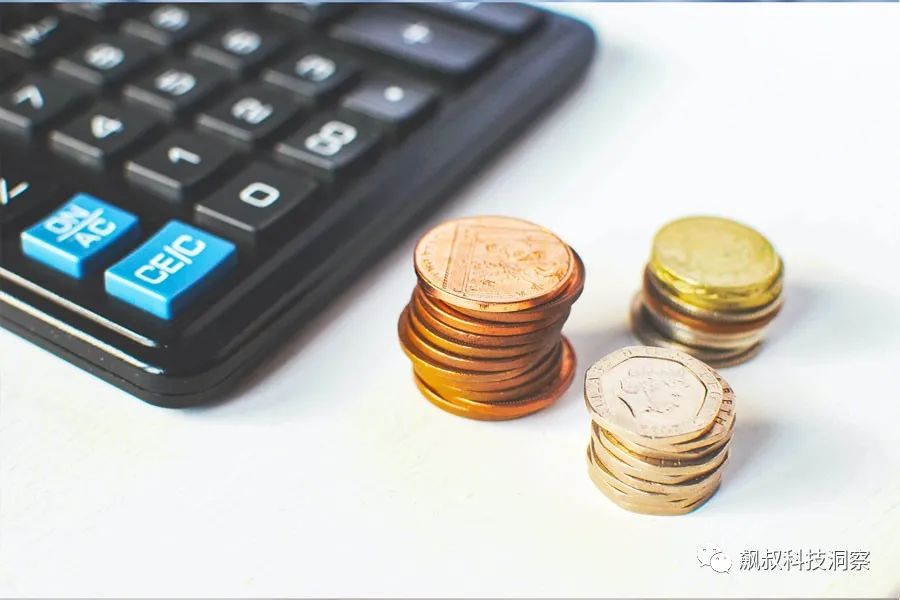10月13日——据《环球时报》报道,中国日本商会于10月12日发布了一份白皮书,显示约一半的日本企业将增加或维持对中国的投资,凸显中国市场在他们的业务计划中仍然重要。
这是该组织首次根据从9月8日至22日进行的调查发布白皮书,收集了在中国各地经营的8300家日本企业的反馈。调查涵盖了从电子和机械到化工、食品和医药等各个行业。
约40%的日本企业计划维持对中国的投资,另外10-20%的企业计划增加投资。白皮书表示,在金融和电信等服务行业受访的超过一半的企业计划扩大或维持对中国的投资。
增加投资的原因包括通过自动化提高效率和功能性,使企业在交通和通信等行业更具竞争力。其他原因包括对环境保护的投资、汽车产品销售增加等因素。
约一半的日本企业对中国的商业环境表示满意。他们满意的原因包括完善的基础设施和有效的政府支持、税收和补贴方面的慷慨政府支持,以及疫情应对下调后国内商务出行的便利。
调查和该组织建议存在挑战。中国国际问题研究所研究员向浩宇告诉《环球时报》,当前日本政府在美国的压力下试图与中国“脱钩”或“减少风险”对日本企业在中国的经济和贸易合作的热情和积极性产生了影响。
尽管情况如此,向浩宇表示,大多数日本企业打算继续在中国投资并重视中国市场,所谓的与中国“脱钩”根本不切实际,据《环球时报》报道。

Oct 13 -- The Japanese Chamber Commerce and Industry in China released a white paper on October 12, showing that about half of the Japanese companies will boost or maintain their investment in China, underlining the fact that the Chinese market remains important in their business plans, Global Times reported.
This is the first time by the group to release the paper based on a survey done from September 8 to 22, with feedback collected from 8,300 Japanese companies doing business across China. It covered a wide range of industries from electronics and machinery to chemicals, food and medicine.
Around 40 percent of Japanese companies expect to maintain their investment in China, and another 10-20 percent aim to boost their commitment. More than half of those surveyed in the services sectors such as finance and telecommunications plan to expand or maintain their Chinese investment, said the white paper.
Reasons given for increased investment include increased efficiency and enhanced functionality through automation, which make the companies more competitive, especially in the transportation and communications industries. Other reasons include investment in environmental protection, increased sales of automotive products and other factors.
About half of Japanese companies are satisfied with the business climate in China. The reasons for their satisfaction include well-developed infrastructure and effective government support, generous government support in terms of taxation and subsidies, and the convenience of domestic business trips after the downgraded pandemic response.
Challenges remain, the survey and the group suggested. The current Japanese government's attempt to "decouple" or "de-risk" from China, under US pressure, has had an impact on the enthusiasm and pro-activeness of Japanese companies in economic and trade cooperation with China, Xiang Haoyu, a research fellow at the China Institute of International Studies, told the Global Times.
Despite the situation, Xiang said that the majority of Japanese companies intend to maintain investment in China and value the Chinese market, and the so-called "decoupling" from China is not practical at all, said the Global Times report.